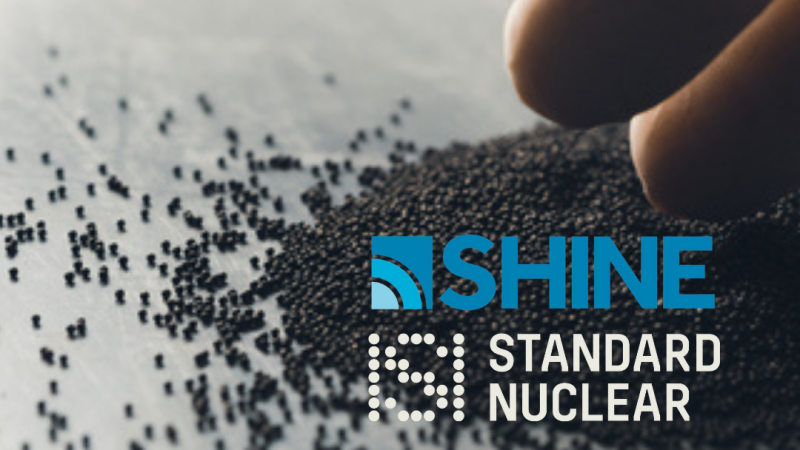SHINE Technologies has announced a new partnership with a Tennessee company, Standard Nuclear, aimed at turning recycled nuclear fuel into a “strategic asset” for new fuel production. That’s according to SHINE CEO and founder Greg Piefer, who calls the agreement an “important step toward closing the nuclear fuel cycle” and making nuclear energy renewable. “Together, we're building the ecosy...
Please log in to access subscriber content.
If you don't have a subscription, please contact schmies@wispolitics.com for subscription options on the WisPolitics-State Affairs platform, which is the new home for WisPolitics subscriber products.

